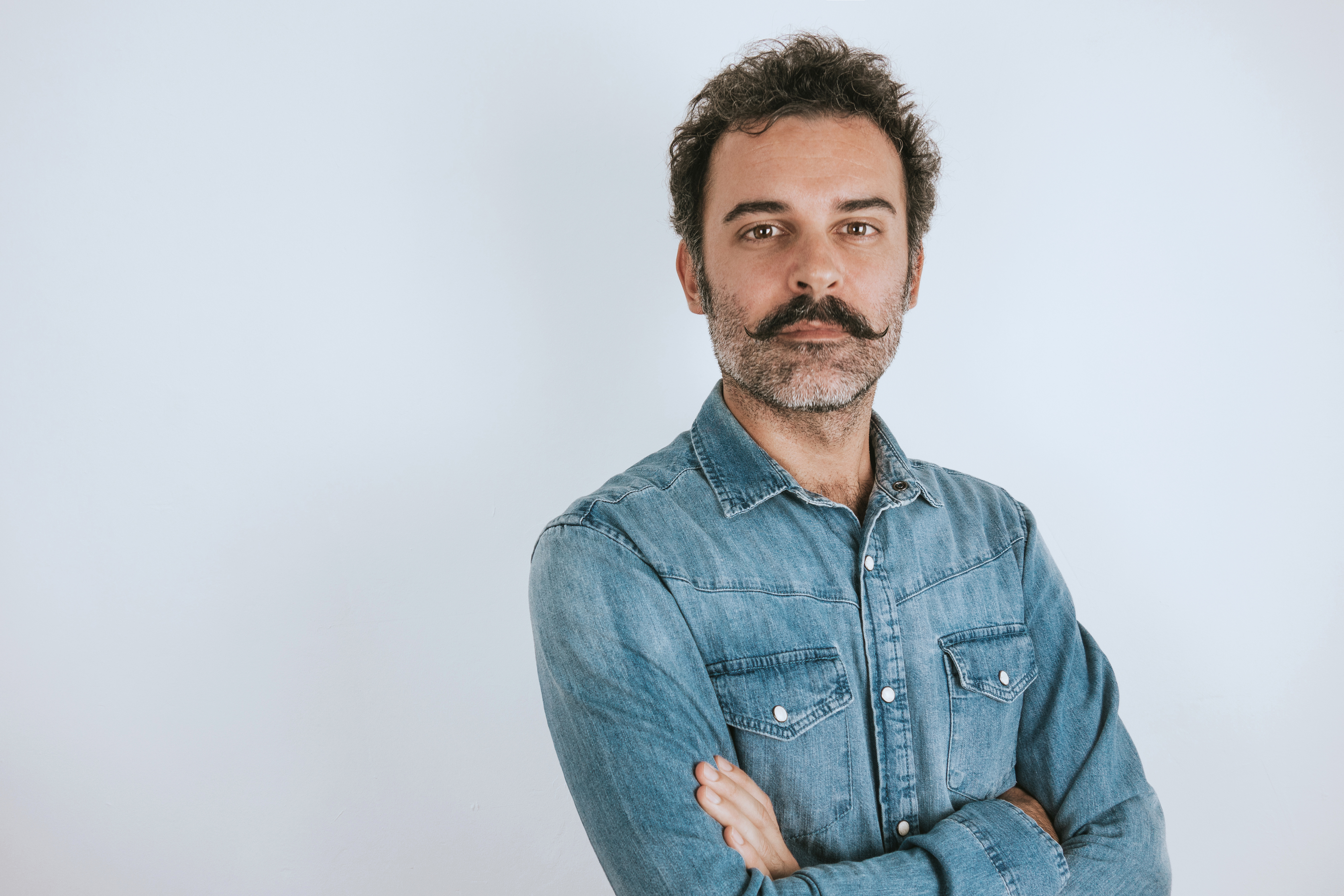We’ve all experienced it, that feeling inside that can arise when we see or hear about something more exciting … and we’re not there.
In today’s day and age, the ability to delve into others lives and what is happening in the world has never been easier. There’s no doubt it makes our lives more effortless. In one click, we can have access to bundles of information on any topic or person. However the sudden explosion of social media has brought with it the rise of “FoMO”, particularly in young adults.
FoMO or “The Fear of Missing Out” is a new term used to describe our tendency to worry about the grass being greener on the other side. With it, brings a sense of dissatisfaction. How is this person always travelling to awesome places? Why am I not driving that kind of car? How is that person’s life so good? This is particularly troublesome as it can contribute to mental health issues like depression.
My reality check with FoMO came from my best mate while having dinner some time ago. Here I was, rudely checking my phone every couple of minutes and having no awareness of how my actions were affecting him and how I had not been present during our time together. It wasn’t until he half-jokingly slash half-seriously said, “you are always on your phone… am I not good enough for you?”

In reflection, I realised how it was the fear of missing out on not something more exciting but rather, fearing I was missing out on something more important that kept me glancing at my phone. What can be more important than your best friend? The reality is there a few things in life so utterly important, they can’t wait.
A resource that helped me to put this in perspective was the following video:
So what can you do the next time you compare yourself to a photo on Instagram or pick up your phone while at dinner with friends?
1. Be mindful
- Mindfulness training helps us become more aware of our present experiences. It allows us to be purely immersive in the sensory information that is experienced by us in any given moment. Being mindful has been shown to reduce stress and anxiety and helps people become more present in their day to day lives and with loved ones. I’d recommend the Headspace app which has helped me on my mindfulness journey.
2. Be really clear with your goals and define WHY they are your goals
- When you focus on what matters most, you won’t be swayed when something exciting pops up or someone tries to drag you away from the task at hand.
3. Practice Gratitude
- Write down or think about 3 things you are grateful for every day. This has been shown to improve positive emotion and can help put things into perspective. There are always others less fortunate.
4. Own it
- You are in control of your actions. Own up to the fact you have a problem, tell your friends and family so they can help you too.
If you are looking for an opportunity to avoid FoMo and create memories in 2020 join us in participating in our Free event – The Dream Big Virtual Running Festival – you can enter here – https://event.registernow.io/employhealth














